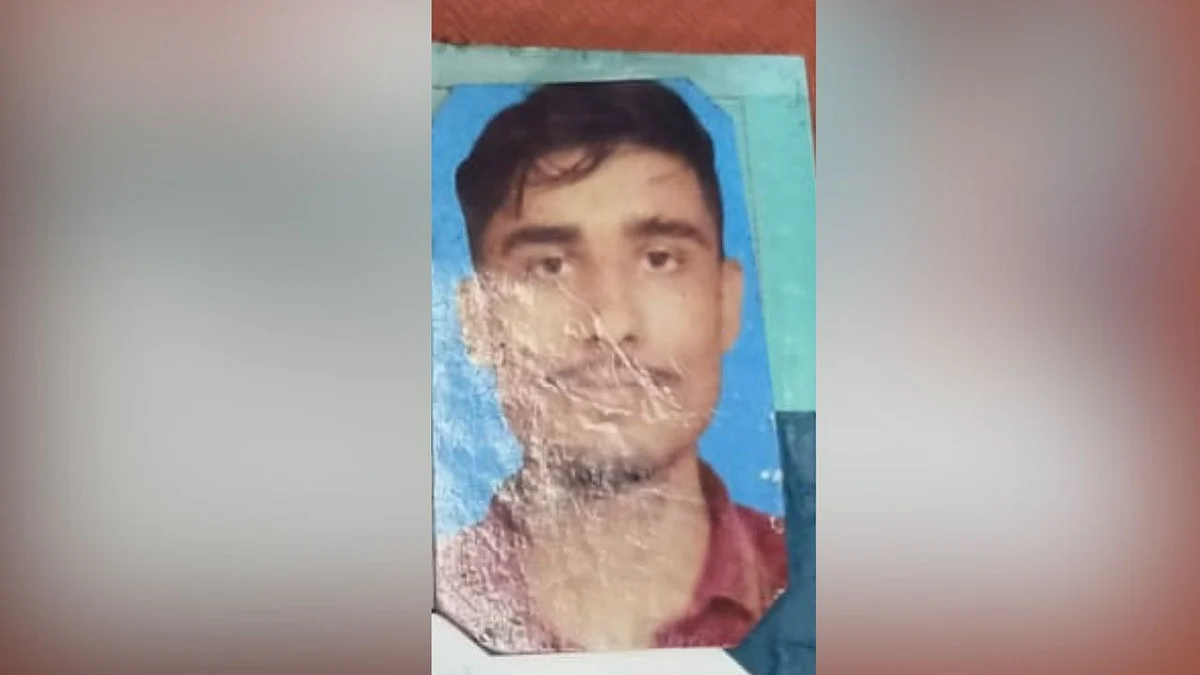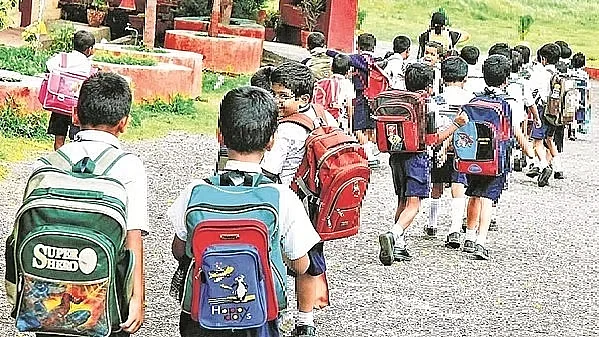Kabul [Afghanistan]. November 12, Families of Afghans who were repatriated to eastern Nangarhar province have requested the government to provide their children with educational facilities after expressing worries over their children's education, according to Pajhwok News.
One of the repatriates, Abdullah, stated that he was a resident of Peshawar City in Pakistan and that his three boys attended local schools.
He said that upon returning to Afghanistan, his children's schooling was not completed. "The education system here is different from the education system in Pakistan, we can't decide what to do about the education of our children here, our children endured many hardships to learn something there," he said, according to Pajhwok News. Another repatriation, Khyali Khan, just returned from the Punjab state of Pakistan, where he had been living as a refugee.
Although his children are minors, he stated that they will be able to enrol in school next year.
The Islamic Emirate of Afghanistan (IEA) government must provide their children with education facilities because they could not send their children to schools in Pakistan; it is a strange country but here they are committed to educating their children," he said in an interview with Pajhwok Afghan News. Another repatriate, Eid Mohammad, originally from Ghazni province, said that he resided in Islamabad. He said that he sent his kids to religious schools because of his poverty. He requested the government give their kids access to facilities for both scientific and religious instruction, according to Pajhwok News. More than 80 per cent of Afghans sent to transit centres possess some form of identification, raising challenges for authorities in the repatriation process. Most of these individuals are not willing to return voluntarily, leaving officials with limited options, as there is currently no mechanism in place to efficiently verify their identification documents, including Afghan Citizenship Cards (ACC), Proof of Registration (POR) cards, and even computerised national identity.
Most of these individuals are not willing to return voluntarily, leaving officials with limited options, as there is currently no mechanism in place to efficiently verify their identification documents, including Afghan Citizenship Cards (ACC). Proof of Registration (POR) cards, and even computerised national identity cards (CNIC). Many Afghans who arrived in Pakistan after the Taliban takeover in August 2021 had been encouraged to apply for resettlement programs in various countries, including the US, UK, Canada, and Germany, but have been left in a state of limbo with expired Pakistani visas and lengthy resettlement processes, making them vulnerable to detention and deportation.











